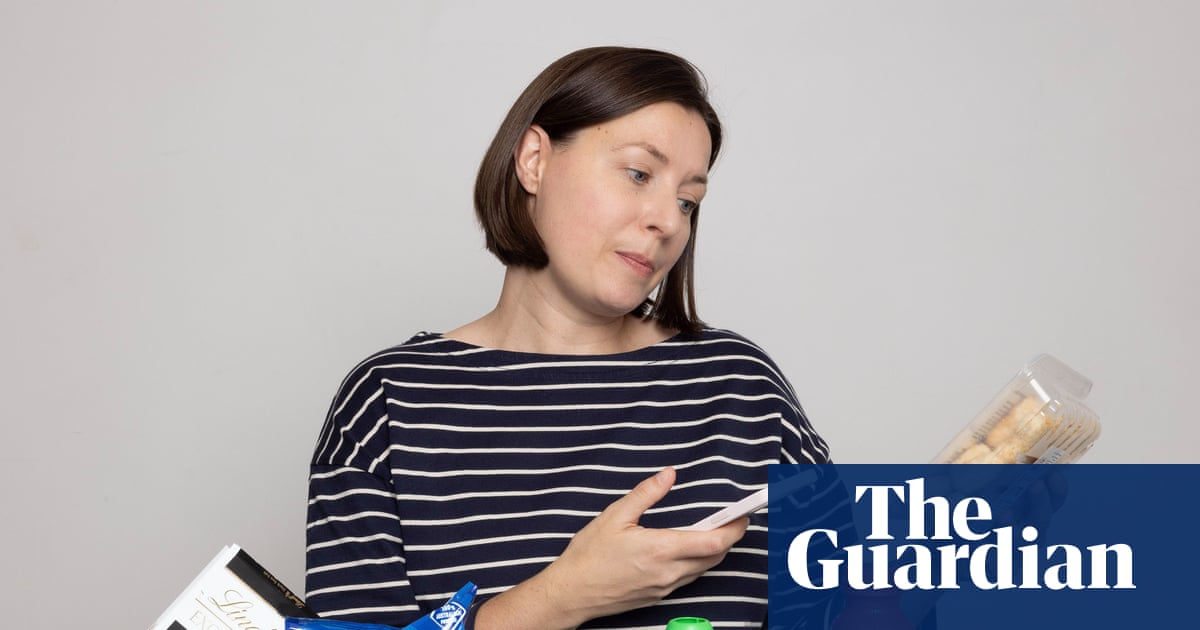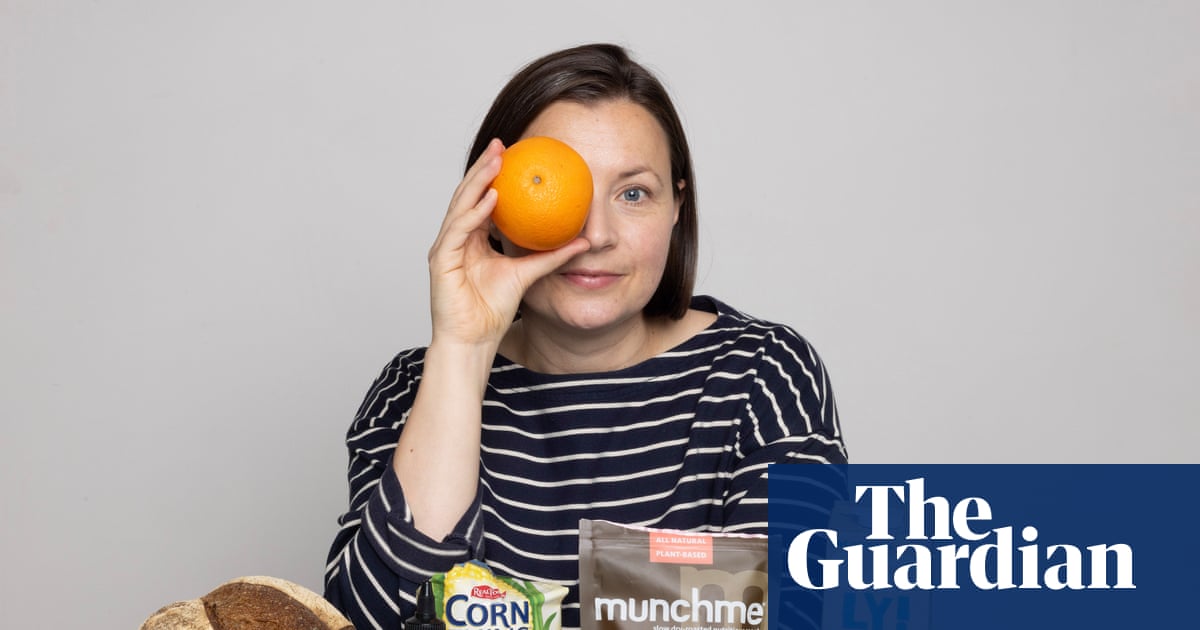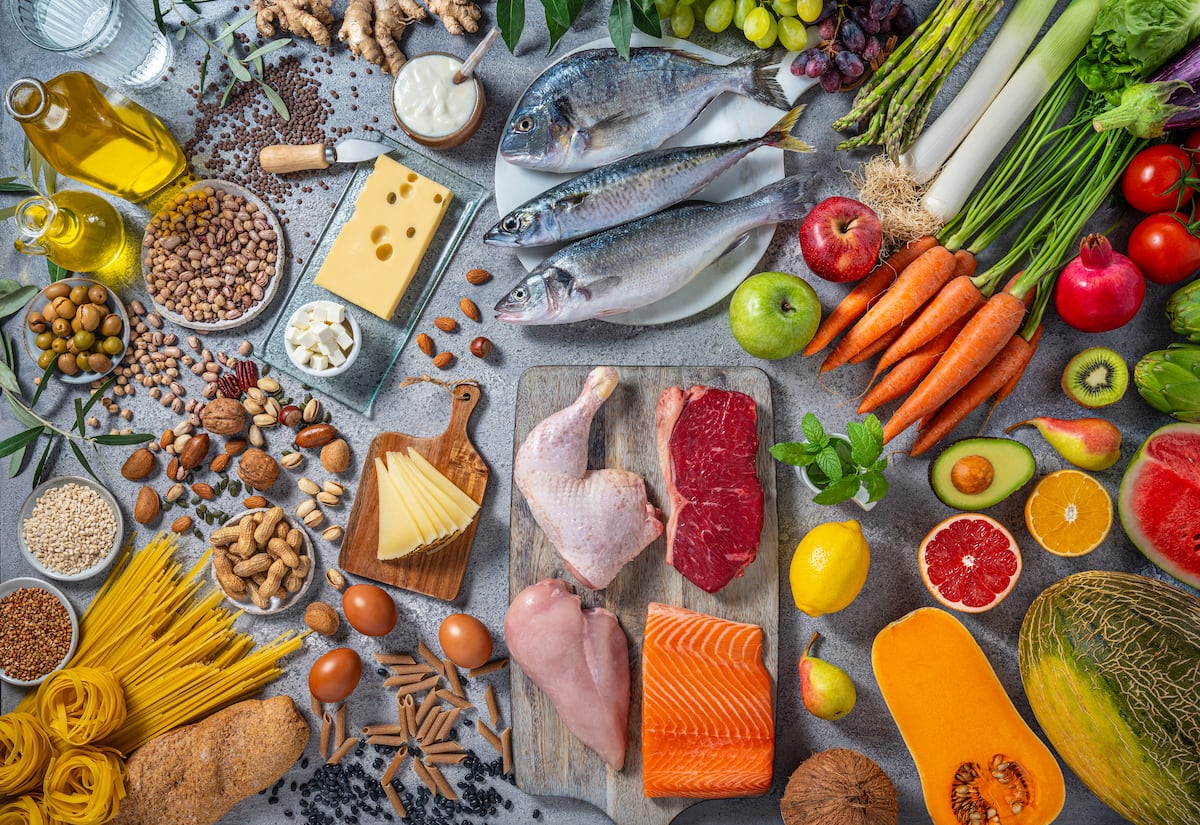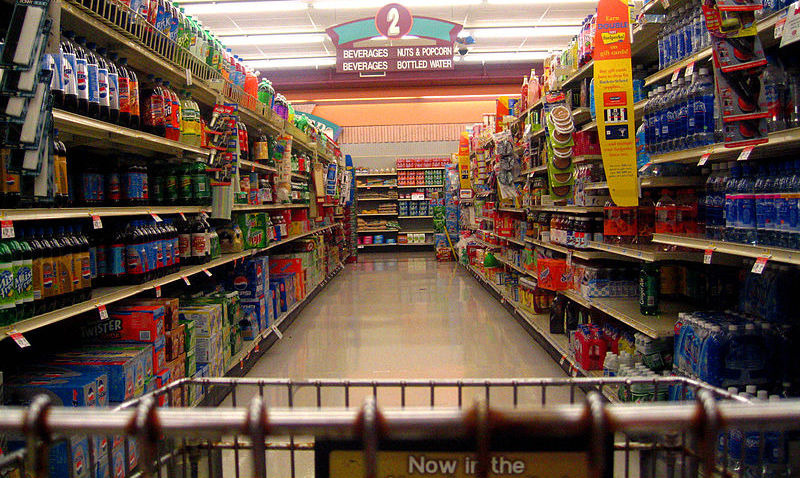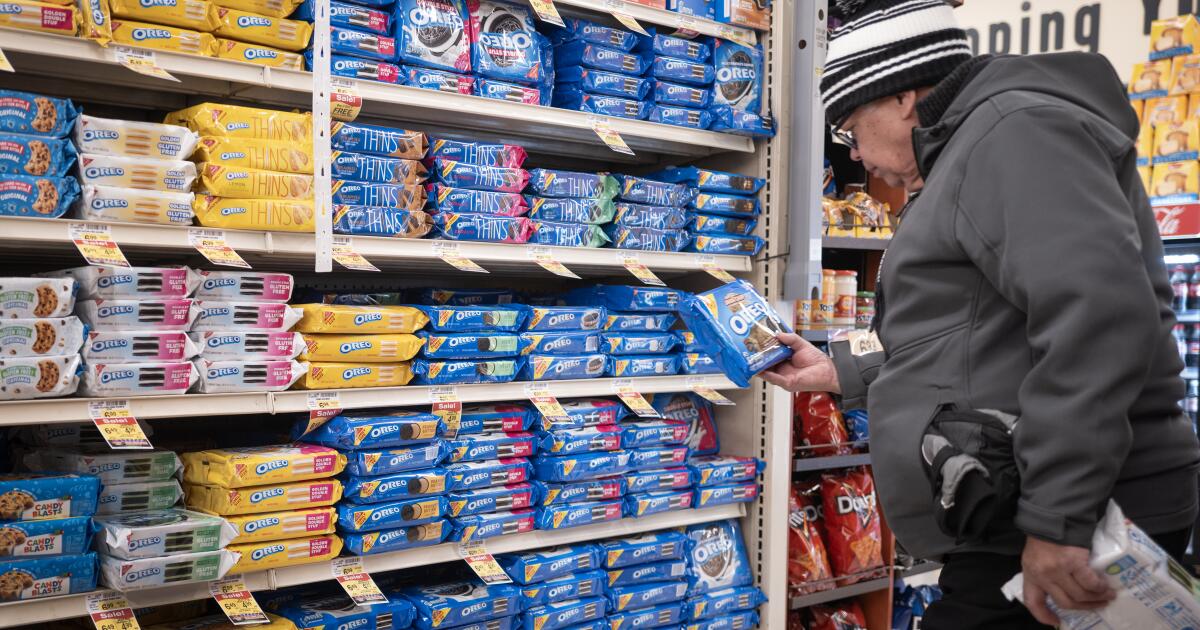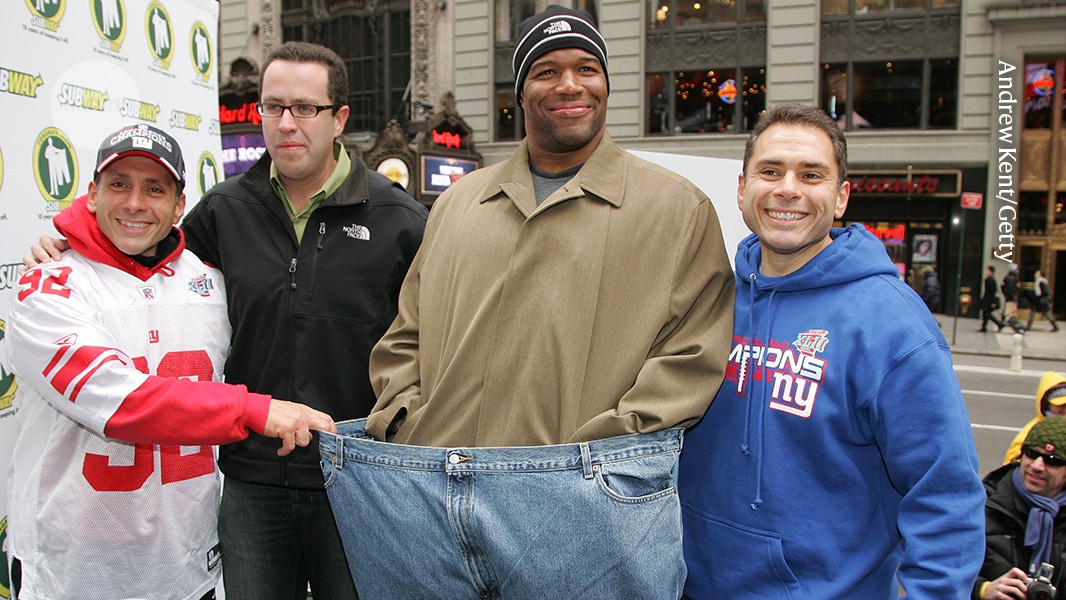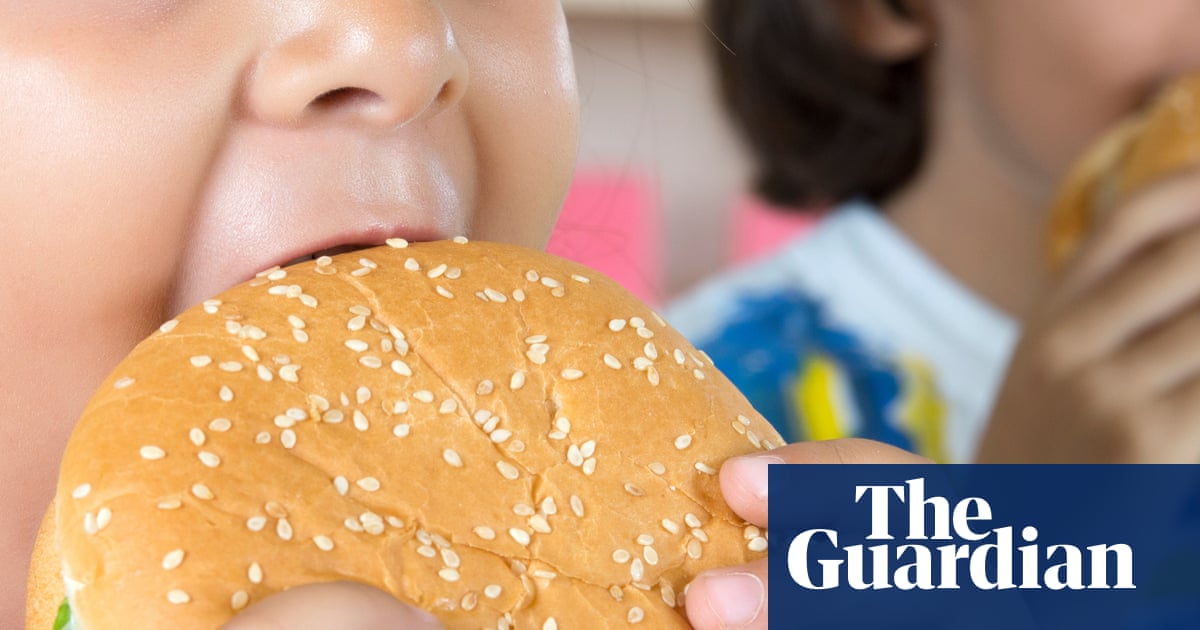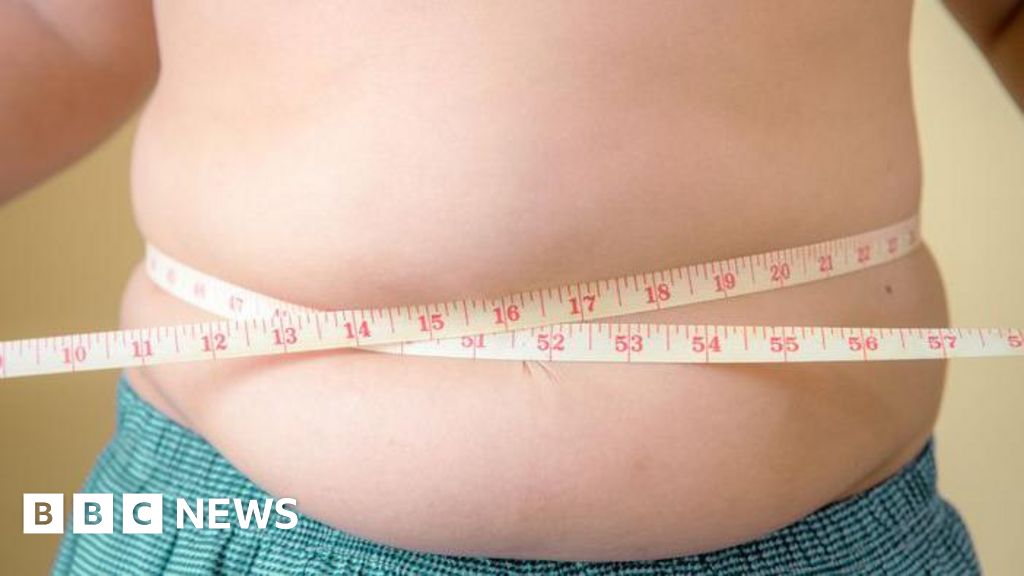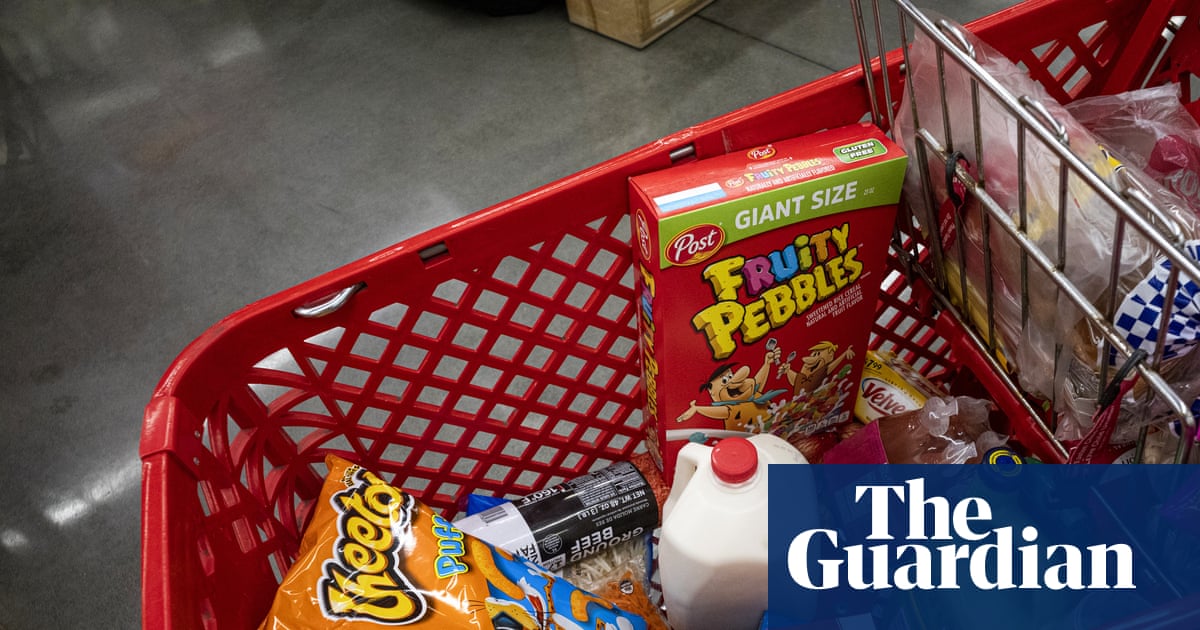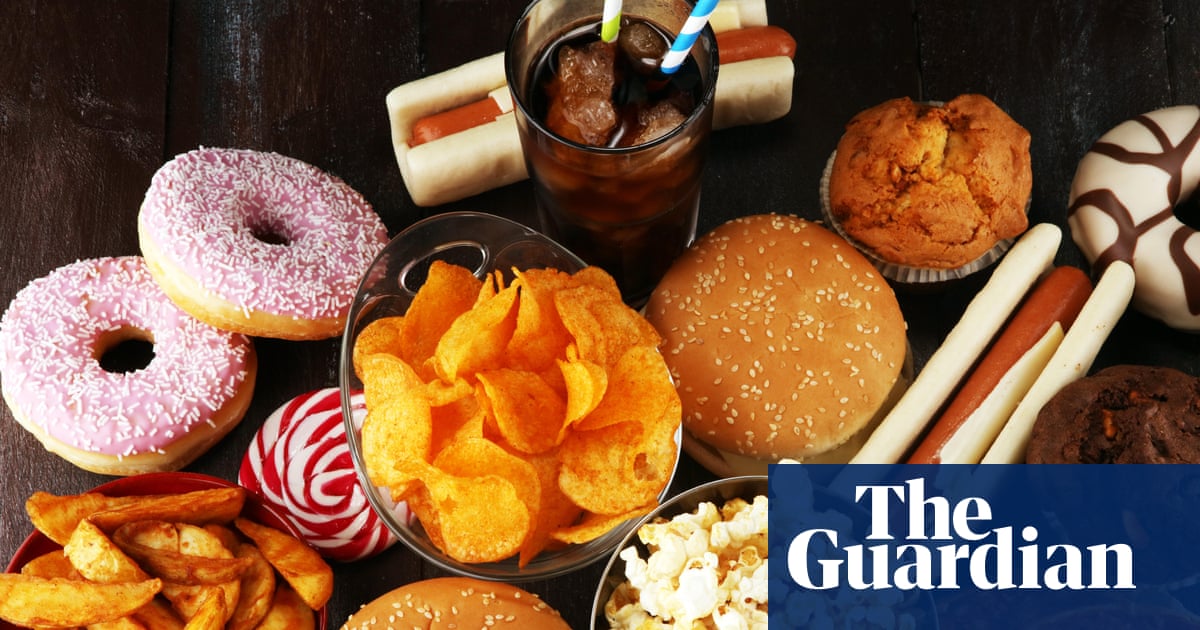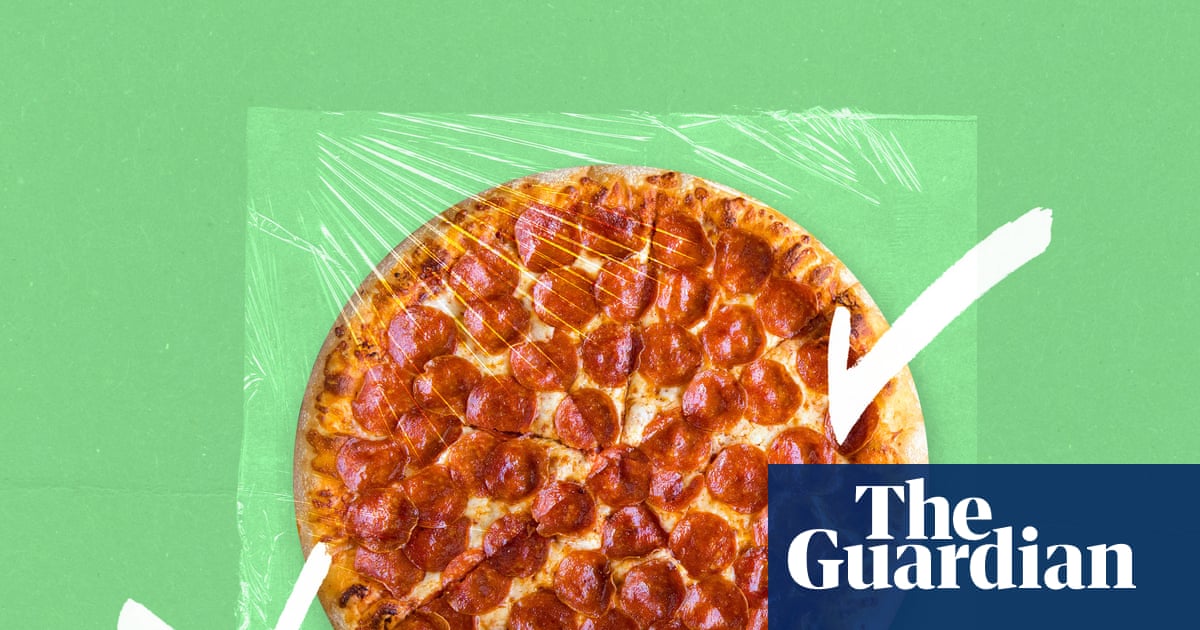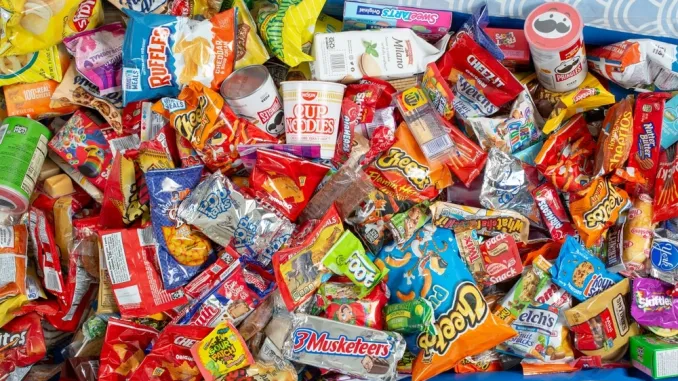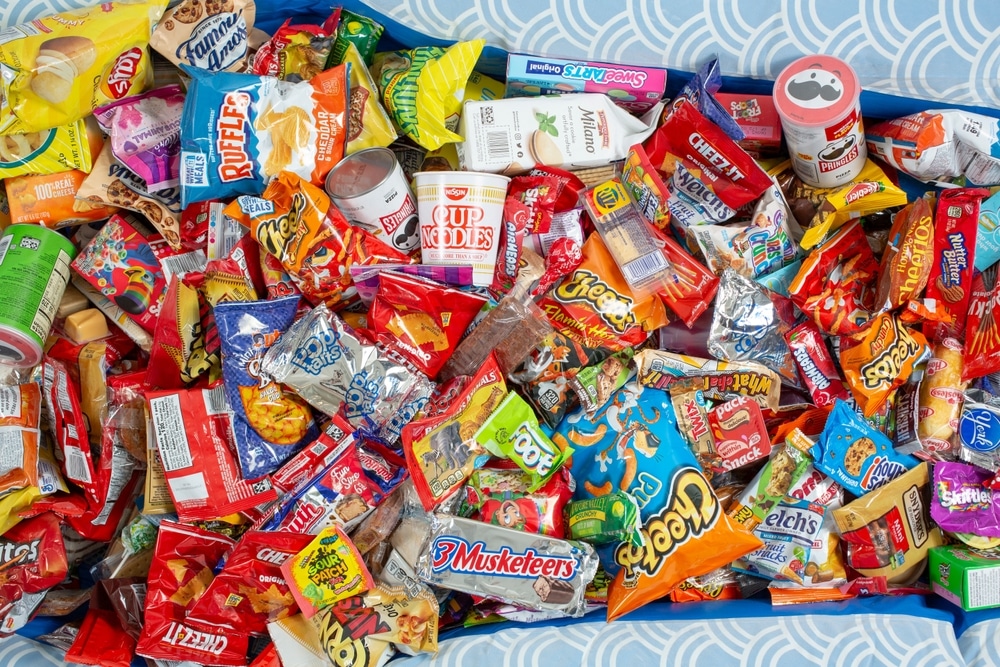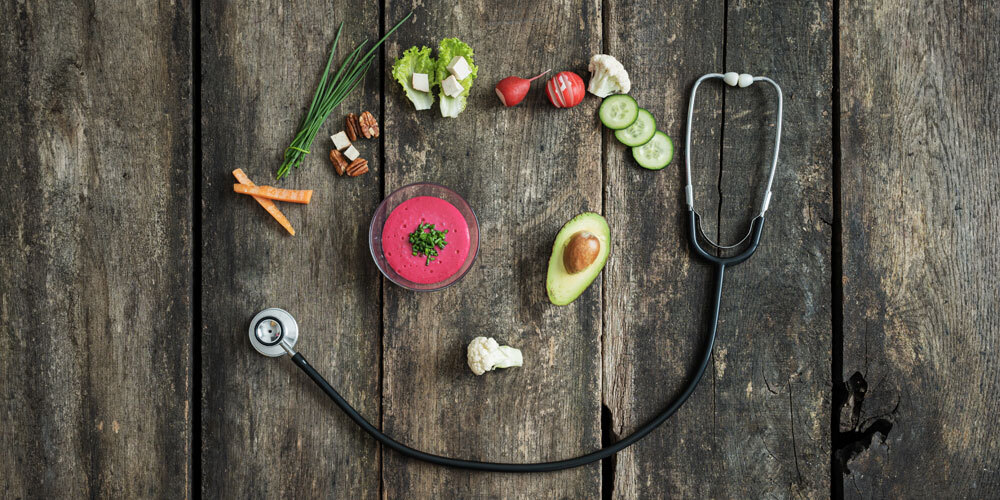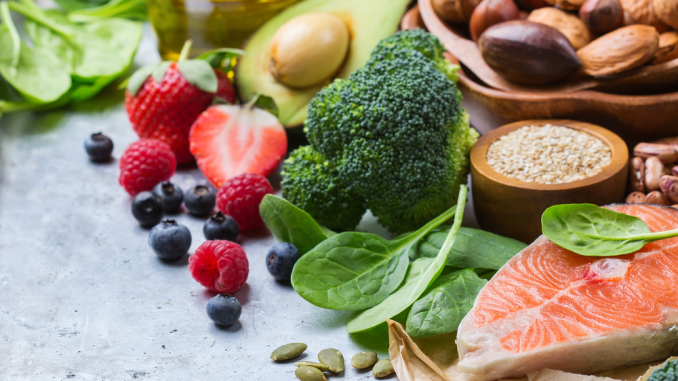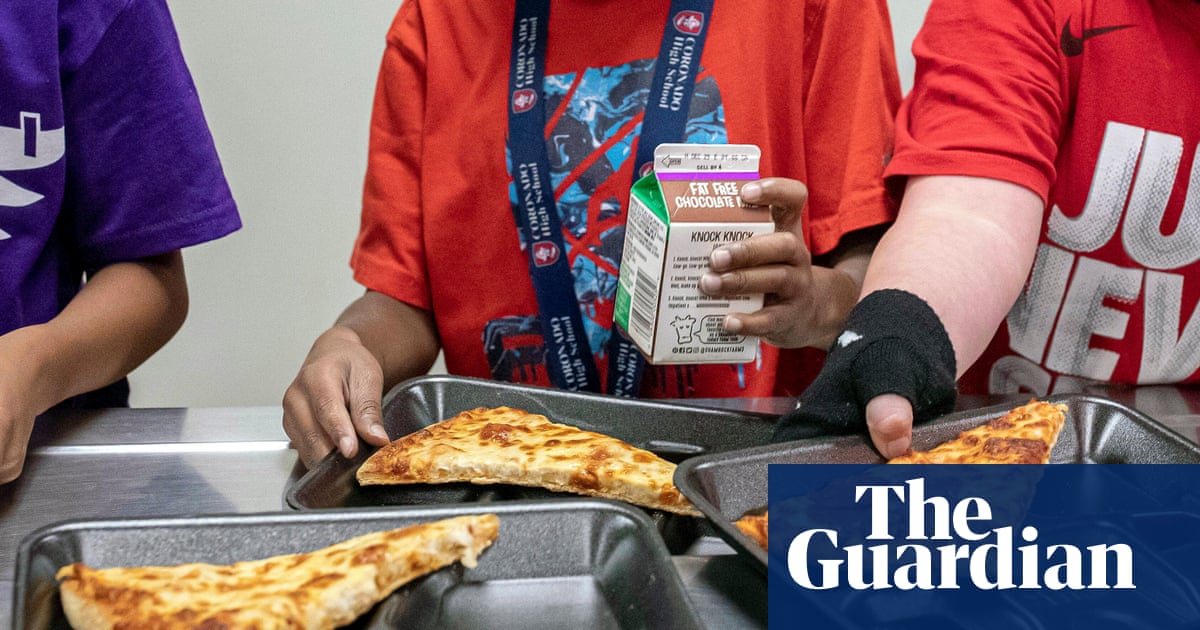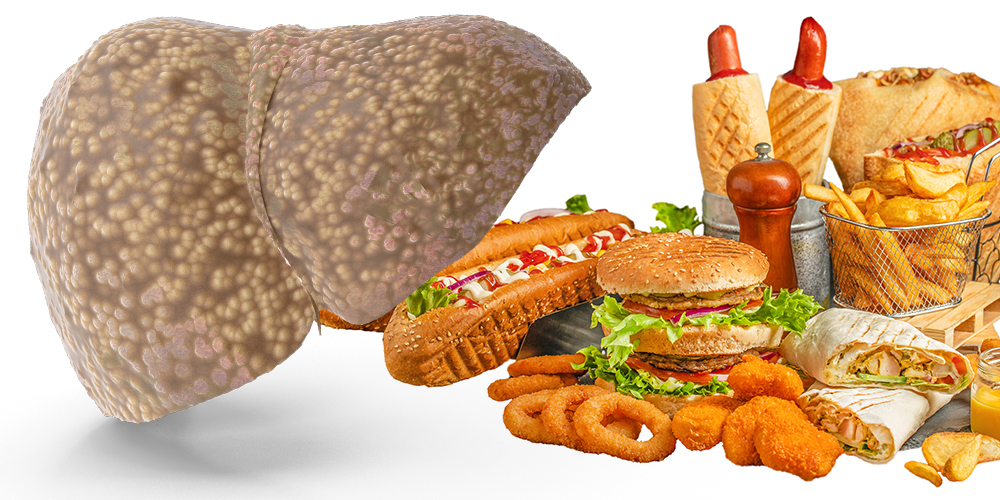#ultra-processed-foods
#ultra-processed-foods
[ follow ]
#public-health #nutrition #chronic-disease #childhood-obesity #inflammation #nova-classification #food-policy
fromBusiness Insider
4 days agoKevin Hall sparked a cultural revolution against ultra-processed food, but he still eats it
Nutrition researcher Kevin Hall is both a committed scientist and a realist. He knows: it's pretty near-impossible for us to avoid ultra-processed foods entirely, given the food environment we live in. Hall has studied diet and metabolism for years. He spearheaded some of the biggest and most influential studies upending long-held nutrition dogmas in his lab at the National Institutes of Health, until he stepped down last year.
Food & drink
fromwww.independent.co.uk
1 month agoLung cancer warning for foods which make up half the average diet'
Ultra-processed foods filled with preservatives, additives and flavour enhancers have been linked to an increased risk of lung cancer. In the UK and US, more than half of the average diet consists of ultra-processed foods (UPFs), such as ready meals, fast food and fizzy drinks. A previous BMJ study in 2024 linked UPFs to 32 harmful health effects including a higher risk of heart disease, cancer, type 2 diabetes, adverse mental health and early death.
Public health
fromwww.theguardian.com
1 month agoFirm, snappy texture': the best supermarket crackers for cheese, tasted and rated
I'm treading dangerous ground critiquing classics such as Jacob's cream crackers and Carr's table water biscuits, some of Britain's most nostalgic family foods. There's nothing wrong with a bit of comfort eating, especially at Christmas, but both are also symbols of our industrial food culture: bland, beige and unadventurous. That said, maybe they're just the ticket as a neutral vehicle for transporting cheese to the mouth.
Food & drink
fromBusiness Insider
1 month agoSan Francisco is suing food brands like Kraft Heinz and Coca-Cola, accusing them of selling processed foods
San Francisco is going after food brands that produce "ultra-processed foods," accusing the companies of fueling a public health crisis. The 64-page lawsuit, filed on December 2 by San Francisco City Attorney David Chiu, accused some of the country's biggest food brands of selling dangerous, ultra-processed foods to residents of San Francisco. It named 11 brands as defendants: The Kraft Heinz Company, Mondelez International, Post Holdings, The Coca-Cola Company, Pepsico Inc., General Mills, Nestlé, Kellanova, WK Kellogg Co., Mars Inc., and Conagra Brands.
Public health
Public health
fromScienceDaily
2 months agoGlobal surge in ultra-processed foods sparks urgent health warning
Ultra-processed foods are rapidly displacing minimally processed diets worldwide and driving higher chronic disease risk, requiring immediate coordinated policy action to limit UPFs and expand healthy food access.
Food & drink
fromwww.theguardian.com
2 months agoMy schoolmates mocked me for being a UPF-free, weird lunchbox' kid. Turns out my mum was right all along
Long-term avoidance of ultra-processed foods reduces risk, as high-UPF diets are linked to damage across major organs and multiple chronic conditions.
fromTasting Table
3 months agoAmericans Consume The Most Ultra-Processed Calories From This Unexpected Type Of Food - Tasting Table
We all know that the modern American food system relies heavily on ultra-processed ingredients. But if you aren't careful, these processed foods can end up being a pretty significant part of your diet. And while thinking of ultra-processed foods probably has you envisioning items like big bags of Doritos chips and sleeves of Oreo cookies, new research has shown a surprising top source for ultra-processed calories in Americans' diets: sandwiches.
Health
Public health
fromBusiness Insider
3 months agoA gut health and cancer researcher shared the foods she eats to lower her disease risk
Diet high in ultra-processed foods disrupts gut mucus, fosters harmful microbes and tumor growth; fiber-rich, whole-foods feed beneficial gut microbes and may reduce cancer risk.
fromThe Atlantic
3 months agoAvoiding Ultra-Processed Foods Is Completely Unrealistic
One day recently, my son had two long, back-to-back doctor appointments, which meant he was in the car and in waiting rooms for much of the afternoon. His lunch and snack would not have earned me a healthy-mom award: peanut-butter puffs, a grape-jelly Uncrustables sandwich, and a package of mixed-berry oat bites. All ultra-processed foods, the new boogeyman of public health.
Public health
fromIrish Independent
3 months ago'I've never seen such a good program get such abuse' - Dietitian Sarah Keogh on school meals
People don't realise how many kids go without food. It may be financial or because the parents are too busy and I think it's fantastic that the government have this program in place.
Food & drink
fromLos Angeles Times
3 months agoGoodbye, pepperoni pizza? New state law to ban some ultraprocessed foods from school meals
The law, which Gov. Newsom signed on Wednesday, provides a first-ever statutory definition of ultra-processed foods in the U.S. and will ban some that are "of concern" in California schools starting in 2035. Under the legislation, which is expected to touch off a major overhaul of school cafeteria meals, the state's Department of Public Health will identify ultra-processed foods "of concern" and "restricted school foods" - another prohibited category - by 2028. A year later, schools are required to begin phasing them out.
Public health
fromBusiness Insider
3 months agoThe simple lunch a nutrition researcher feeds his kids every day includes carrots, popcorn, and some ultra-processed foods
"There are plenty of ultra-processed foods that are available to folks that are still reasonable in terms of their nutritional profile," he told Business Insider.
Food & drink
fromwww.theguardian.com
4 months agoColon cancer is on the rise among young people and research points to one major culprit | Devi Sridhar
The increase is real and global, rising from approximately 94,700 cases in 1990 to 225,736 in 2019. A study across Europe found that for those aged 20-29, incidence rose 7.9% per year between 2004 and 2016, with the rates increasing by 4.9% in those aged 3039, and 1.6% in the 40-49 group in roughly the same period. Not only is colon cancer increasing in every age cohort under 50, the growth rate is highest in the youngest group.
Public health
fromNatural Health News
4 months agoNew study focuses on the types of ultra-processed foods that are stealing years from your life
The bright packaging promises convenience, flavor, and maybe even a sprinkle of "health benefits." But what if the real story behind those ingredients isn't just empty calories-it's a slow, calculated theft of your vitality, your health, and even your lifespan? A sweeping new study has pulled back the curtain on the deadliest additives lurking in ultra-processed foods (UPFs), revealing a chilling truth: these aren't just snacks or quick meals. They're industrial concoctions engineered to hijack your biology, one synthetic mouthful at a time.
Alternative medicine
Public health
fromScienceDaily
4 months agoWhat happens to your body when you eat too many ultra-processed foods
High consumption of ultra-processed foods substantially raises systemic inflammation and increases risks for cardiovascular disease, cancer, obesity, mental health problems, and premature death.
fromTasting Table
4 months agoThis Sandwich Chain's 'Healthy' Image Isn't Fooling Customers Anymore - Tasting Table
Subway has long presented itself as a "healthier" alternative to other regional fast food chains, but people aren't falling for it anymore. While you can personalize your order to make it that way, the vast majority of what's offered is equally as processed as what you'll find elsewhere. In fact, much of the menu is made up of foods that would be considered "ultra" processed - a category that includes processed meats, sugary drinks, packaged snacks, and mass-produced bread, all things you'll find on the line at Subway.
Food & drink
fromGood Food
4 months agoDiscover how working from home has changed our diets (it's not what you expected!)
Before the pandemic, office life left many of us at the mercy of overpriced meal deals, vending machines, and a rushed lunch break. Research shows only 37 per cent of European workers took a full lunch break when working on-site, while 10 per cent of UK workers skip their lunch breaks altogether. Data suggests that office lunches can lean heavily on ultra-processed foods (UPFs) - quick and convenient, but low in nutritional value.
Food & drink
fromIndependent
4 months agoNutrition coach Sophie Morris: 'People were shopping with their blinkers on. Now they're savvy to the supermarkets' marketing tricks'
The mum of two and internet sensation is on a mission to make people more informed about ultra-processed foods. Here, she talks about her viral supermarket swaps videos, how buying better can mean spending less, dealing with online critics and why she refuses to work with supermarkets or brands
Food & drink
fromNature
4 months agoUltra-processed foods - it's time for an improved definition
Later this month, the United Nations General Assembly will discuss a proposal to eliminate trans-fatty acids (trans fats) from diets. These fats are mainly produced industrially. They clog up arteries, increasing people's risk of a heart attack or death. Some 60 countries are already on a path to eliminating these fats and the World Health Organization has certified that 9 have removed industrially produced trans fats from their food supply.
Public health
fromScienceDaily
5 months agoWhy ultra-processed diets make you gain fat even without extra calories
Over the past 50 years, rates of obesity and type-2 diabetes have soared, while sperm quality has plummeted. Driving these changes could be the increasing popularity of ultra-processed foods, which have been linked to a range of poor health outcomes. However, scientists still aren't sure whether it's the industrial nature of the ingredients themselves, the processing of the foods, or whether it's because they lead people to eat more than they should.
Science
US politics
fromArs Technica
5 months agoRFK Jr.'s Wi-Fi and 5G conspiracies appear to make it into MAHA report draft
The Trump administration's health strategy draft promotes safety reviews of electromagnetic radiation, reflecting conspiracy theories iterated by anti-vaccine advocate Robert F. Kennedy Jr.
SF food
fromwww.theguardian.com
8 months agoIt's time to stop the great food heist powered by big business. That means taxation, regulation and healthy school meals | Stuart Gillespie
The current food system is designed for mass production, leading to severe health issues and environmental damage.
A radical overhaul of the food system is necessary to prioritize health over profit.
[ Load more ]
